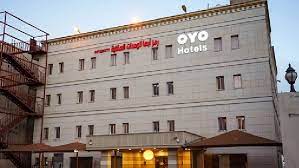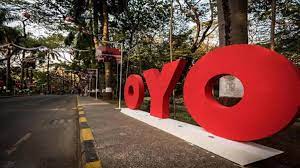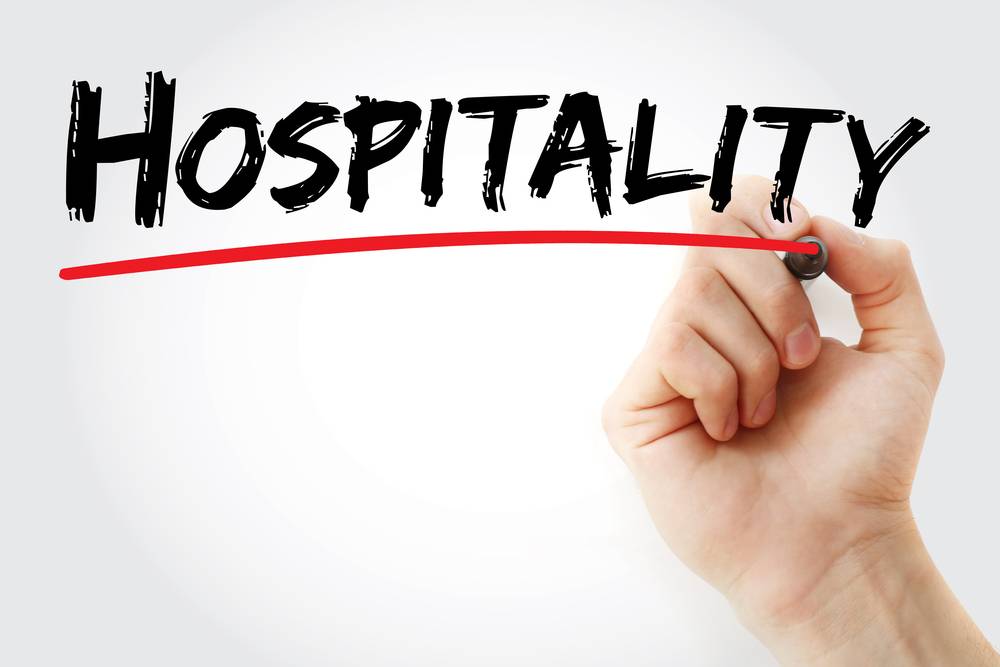Landmarks For Hospitality Industry in India
It is no news that the hospitality industry in India has been weathering the covid storm and is critically passing through a critical, unprecedented phase.
This has been specially made arduous for the industry to cope ever since the Covid-19 pandemic has come into the picture. The hospitality sector in India specifically saw a large loss of revenue.
To put the assertion in terms of statics, the RevPAR (Revenue per available room) for the industry had seen a massive decline during the first three quarters of the financial year 2020.

Even though the pandemic led to the ravaged hospitality sector in India, the silver lining that came with it cannot have been missed or ignored. But what kind of silver lining was offered during the Covid-19 you ask?
The odious pandemic had offered an incredible opportunity to the hospitality sector to fine-tune and ensure operational efficiency.
Such operational efficiency of the highest standards could have been achieved in the important departments such as HR, finance, engineering housekeeping, beverage, and food. This could have been efficiently achieved through the best-in-class training and stringent adherence to all brand standards.

Given the fact that covid had presented various opportunities for the sector, one can state that the hospitality sector in 2020 and 2021 had achieved many milestones and landmarks. This was made possible through many innovative products that led to the reshaping of the hospitality industry.
The government has been sagaciously working for the advancement of the hospitality sector in India. The Maharashtra government had effectively conferred ‘industry’ status to the state’s hospitality sector. This was a major step in the revival and the renewal of the sector in the state.
The industry status emphatically allows the hospitality establishments in the state to be levied electricity charges and rates, property tax, water charges, development tax, increased carpet ratio, and non-agricultural tax at industrial rates.
This efficiently results in a reduction of the operating costs for the hospitality players in the state that provides impetus to the battered sector in the state. In fact, it is highly expected that the government will significantly reduce industrial tariffs which will further boost the industry in the state.

Another landmark decision that was taken by the government in the financial year 2021 was that it had significantly reduced pre-establishment licenses for the sector from 70 to 10. Given the cumbersome licensing hassle that the establishment has to go through, which effectively affects its efficiency, such a step is welcomed by the hospitality sector.
Given, what all is being achieved in the state of Maharashtra, other states are bound to take cognizance of what is being done and follow the suit. This could definitely be the harbinger of change for the industry which will have a significant impact on its fortunes, which at the moment are faltering.
Talk about the technology integrated economy in India and the hospitality sector has been making a sagacious use of the same. A landmark that had been easy to achieve by the hospitality sector was the integration of Smart In-room Technologies Smart in-room technology.
This certain technology has taken the hospitality industry by storm. With a high percentage of over 20% of hotels worldwide already on board, this top-notch innovation in the hotel industry in India will certainly lead to the reinvigoration and reshaping of the hospitality sector in India in the next decade or so.
Gone are the days when lounging in the hotel meant services available at your disposal, any time and any day with no need of serf service. Self-Serve Tech Serf Service Technology has made an imprint on the hospitality sector.
The hospitality industry has emphatically come a long way when it effectively comes to automation of services, and it is here for all the good purposes. Thus, with automation integrated hospitality sector, automated check-ins and checkout options are now the norms.
Though the phenomenon has been long due, one can effectively state that the arrival of covid has fastened the process of transformation from manual services to automated services.
But one might ask what is the most efficient and beneficial innovation or landmark that has been integrated into the industry? The answer to that has to be the use of robots in the Hospitality Industry. This is an area where a lot of innovations have taken place and has huge potential to boost the industry.
Given the fact that the Indian hospitality sector will be contesting against the world hospitality sector and will face stiff competition more than ever, it is absolutely no wonder that technological innovations are now ruling the roost in the industry.
This will emphatically help the industry to stand out in a sea of competition. In fact, a series of robots have been introduced by the HOSPITALITY INNOVATIONS. Today 11 introduced a series of robots tailored for the hospitality industry.
It is no news that India is one of the fastest-growing travel & tourism (T&T) economies in the world. This is mainly due to its immense, diverse landscape and rich heritage. Its cultural diversity emphatically and significantly attracts tourists from across the country and the world.

However, if one closely scrutinizes the sector, it might not be hard to notice that the sector has still not tapped into its full potential.
This is especially true for leisure tourism, which lacks mainly due to the lack of good quality hotel infrastructure in the country and low technological advancement of the same.
But, given the aforementioned technological advancement that has been achieved by the sector, one can argue that the hospitality sector is on the road to advancement and improvement which is much needed by the industry.
Though, highly capital intensive and the high cost of capital makes investment in the sector quite cumbersome and unattractive, the government’s efforts to attract the same are needed in the industry.
It is to be noted that the sector is a major contributor to the country’s GDP growth and consequently employment, thus its revival is of the essence and required.
To make the sector more appealing and easier to work in granting infrastructure-lending (infra) status to the sector, which is in fact a long-pending request by key stakeholders, will be a first step on the path of growth.
Thus, will the government take cognizance of the fact that work is needed in the most crucial sector in India? I guess we’ll have to wait and see.
Tags related to this article:
growth of hospitality industry in India, hospitality sector in India, Indian hospitality services, tourism and hospitality industry in India, hospitality business in India, tourism & hospitality industry in India, about hospitality industry in India, impact of covid-19 on hospitality industry in India, hospitality industry in India after covid-19, hospitality industry in India.


 If the newer consumer protection act is to be scrutinized, the arbitrariness surrounding the definition of the consumer has been cleared.
If the newer consumer protection act is to be scrutinized, the arbitrariness surrounding the definition of the consumer has been cleared. Unfair Trade Practices
Unfair Trade Practices It is to be noted that the repealed consumer Act of 1986 did not include in its definition the scope of online misleading advertisements. Thus, these have been added to the 2019 consumer Act.
It is to be noted that the repealed consumer Act of 1986 did not include in its definition the scope of online misleading advertisements. Thus, these have been added to the 2019 consumer Act. Though, there are certain discrepancies that have surfaced since the inception of the fact. These allegations pertain to the undue influence of politicians the consumer rights and the authority of censorship that the government will effectively enjoy.
Though, there are certain discrepancies that have surfaced since the inception of the fact. These allegations pertain to the undue influence of politicians the consumer rights and the authority of censorship that the government will effectively enjoy.
 The CCI’s investigation had commenced after a preliminary hearing. According to the reports, the investigation will be directed by the Director-General.
The CCI’s investigation had commenced after a preliminary hearing. According to the reports, the investigation will be directed by the Director-General. All this comes after Zostel’s efforts to plague OYO rooms IPO dream. It is to be noted that the former rival namely, Zostel, is in a more than five-year-long legal battle with OYO.
All this comes after Zostel’s efforts to plague OYO rooms IPO dream. It is to be noted that the former rival namely, Zostel, is in a more than five-year-long legal battle with OYO.
 Though the pandemic might have crippled the service-oriented sector like the hospitality sector quite immensely, it is to be noted that the second source of woes in the sector is related to the government. This is due to the Government’s interventions that are significantly leading to uncertainty in the business. It can be rightly stated that given the government’s policies to revive the economy, there has been a great deal of ambiguity in the market.
Though the pandemic might have crippled the service-oriented sector like the hospitality sector quite immensely, it is to be noted that the second source of woes in the sector is related to the government. This is due to the Government’s interventions that are significantly leading to uncertainty in the business. It can be rightly stated that given the government’s policies to revive the economy, there has been a great deal of ambiguity in the market.
